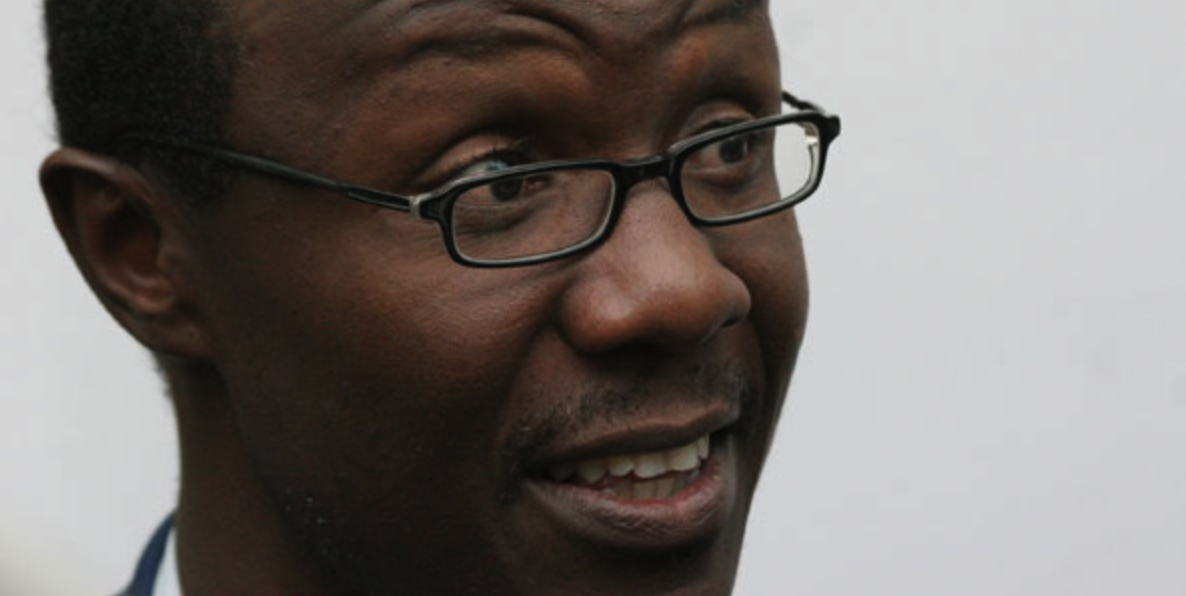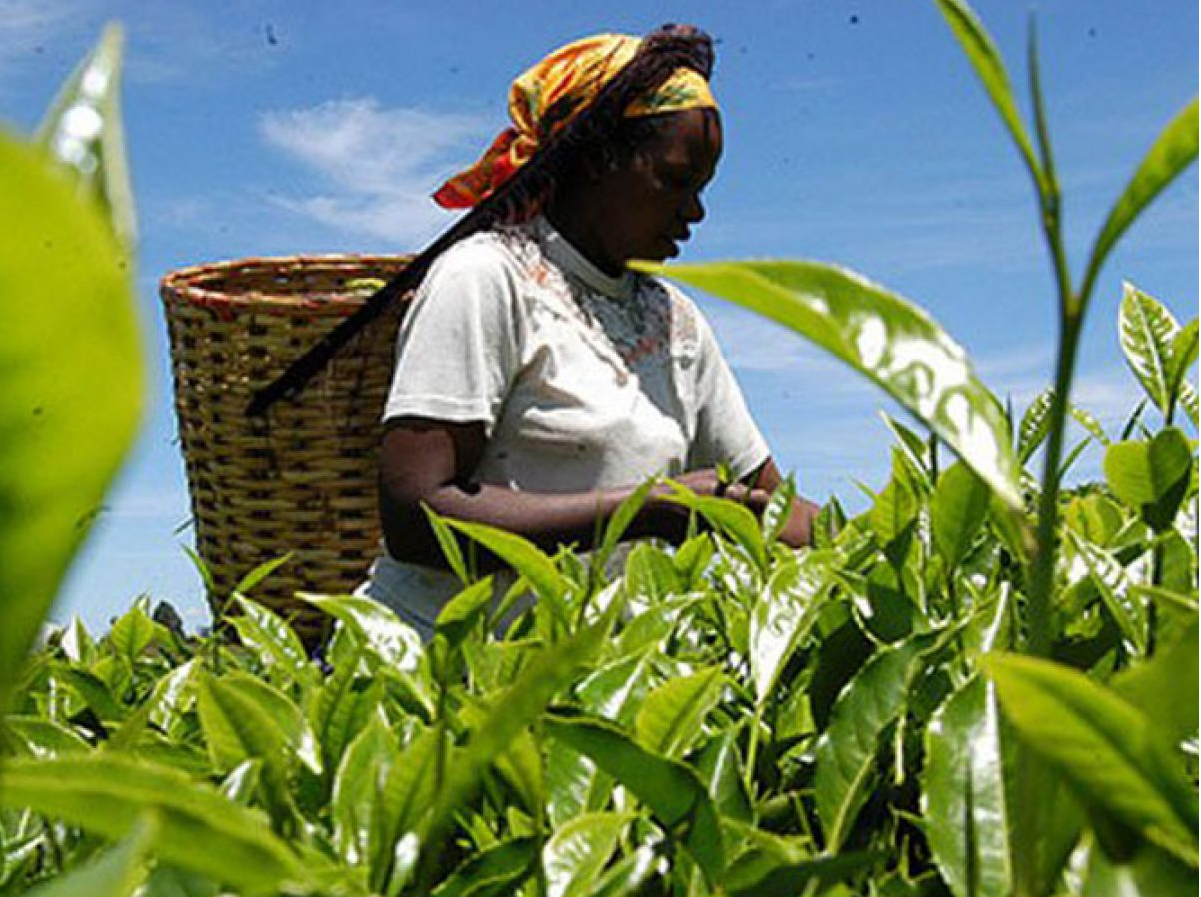[dropcap]E[/dropcap]conomist David Ndii (pictured above) has sparked hot debate on social media, after posting a document on Tuesday indicating a ‘desire’ for Nyanza, Western and parts of Rift Valley to secede over what the author described as continued marginalisation.
The document indicates that the people from these regions feel they have no say in the country’s government, perhaps following the defeat of Raila Odinga for the third time in a row, in the August 8th election, which he claims was rigged in favour of President Uhuru Kenyatta. He has moved to the Supreme Court to challenge the results.
When he appeared on NTV later in the evening, Mr Ndii defended the petition, which is to be tabled before the African Court on Human and People’s Rights, saying secession is a debate worth having in Kenya as people need to be told why they should stay together.
There has always been a grievance that since independence in 1963, the presidency has rotated among only two tribes – the Kikuyu and the Kalenjin. Political leaders from these regions who have attempted to rise to the top have been unsuccessful for various reasons – including suppression by the State. They include Raila’s father, Jaramogi Oginga Odinga (Luo), Ronald Ngala (Mijikenda) from the Coast as well as Wamalwa Kijana, Martin Shikuku and Musalia Mudavadi from Western’s Luhya community.
But is this enough reason to split the country to form a new state?
Related: We’ll not accept and move on, Raila says as he heads to court
There is no doubt that huge parts of this country remain undeveloped or are not at par with others due to policies pursued by successive governments. This can be traced back to 1965 when the government came up with Sessional Paper Number 10, which articulated that resources should be channeled to regions with a high potential of contributing to the economy.
Thus, regions such as Coast, North Eastern and Eastern Kenya were marginalised in terms of resource allocation and, as a result, have consistently suffered under development. For areas such as Luo Nyanza, differences by the local leadership with the government in Nairobi have had them sidelined and similarly lagged behind.
However, after a 20-year struggle, Kenya enacted a new Constitution in 2010, which sought to right these injustices. The Constitution not only contains the most progressive Bill of Rights in the world but also introduced devolution through the creation of 47 counties.
Power of devolution
Devolution means residents of the respective counties elect their own leaders and determine how resources channelled from the central government, which should be at least 15% of the latest audited national revenue, are used. It also created an Equalisation Fund to help underdeveloped counties catch up with the rest.
While the process has suffered teething problems in the last four years, there is no denying the fact that it is working for Kenyans. Regions that did not have adequate health facilities or none at all, for instance, now boast of modern facilities. The same can be said of most of the devolved functions that include rural access roads, agriculture, early child education and trade.
It is only through the strengthening of devolution that Kenyans can reduce their obsession with the Presidency and hence the cyclic fight for the top seat that nearly threw the country into the abyss in 2007/08 and stagnates the economy every five years. Not secession.
Kenyans should also continue to further strengthen their democracy and the elections agency to ensure every vote truly counts.
In addition, whoever emerges the winner at the Supreme Court or a subsequent election, if any, should strive to promote national unity by ensuring every part of Kenya is represented in the national government.
Despite our political and ethnic differences, there is a lot that we share as Kenyans and, indeed, even if the secession bid succeeds, no region in Kenya is likely to survive on its own. Kenya is endowed with many natural resources but they are spread out all over the country. That is our strength.
Argue, Don’t Shout
Lest we forget, even where secession has been actualised, for instance in the Sudan and Ethiopia, where South Sudan and Eritrea broke away successfully, it was not realised through peaceful, democratic or legal processes but through war, which left thousands dead and property worth billions of dollars destroyed.
No one wants Kenyans to go to war against themselves.
However, it is the democratic right of Mr Ndii and others with similar persuasions to make their case. There is no reason Kenyans should go for each other’s jugular on the social media. As the late Tanzanian President Julius Kambarage Nyerere put in a booklet he used to circulate to diplomats: “Argue, Don’t Shout.”













This is very healthy debate. We live in a free world. Let ndii and group ventilate and bring the issuesissue on the table. Kenya is too big. We can as well split it, just as political parties do.